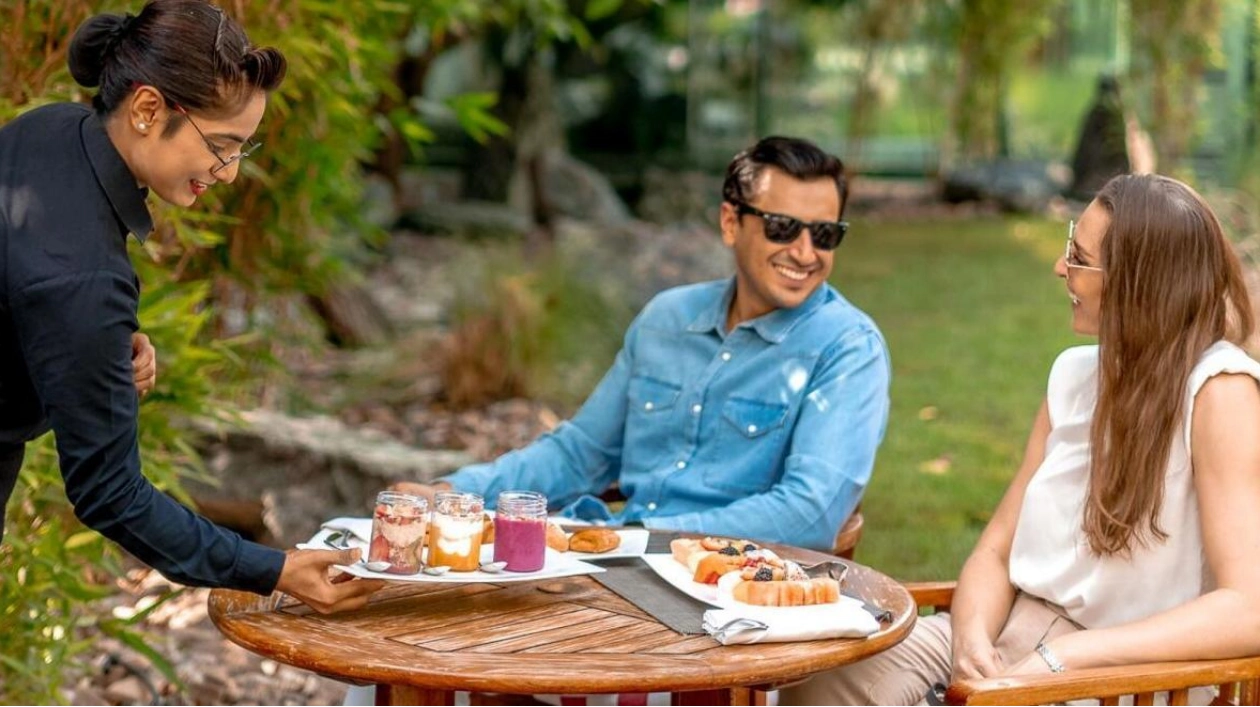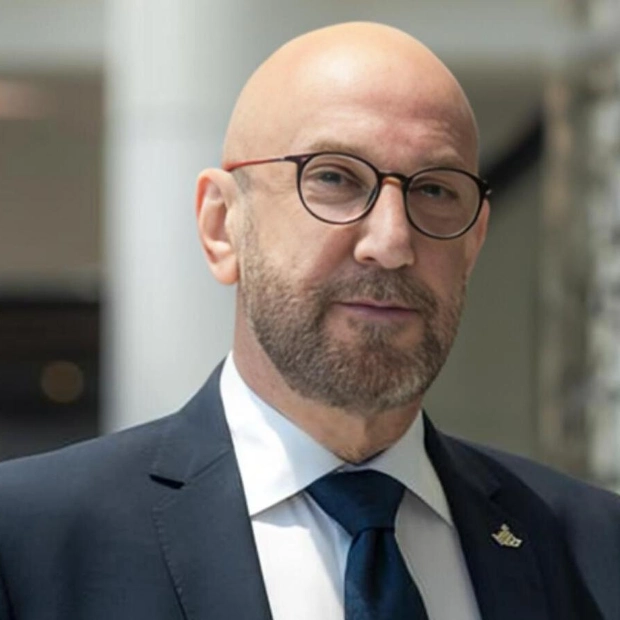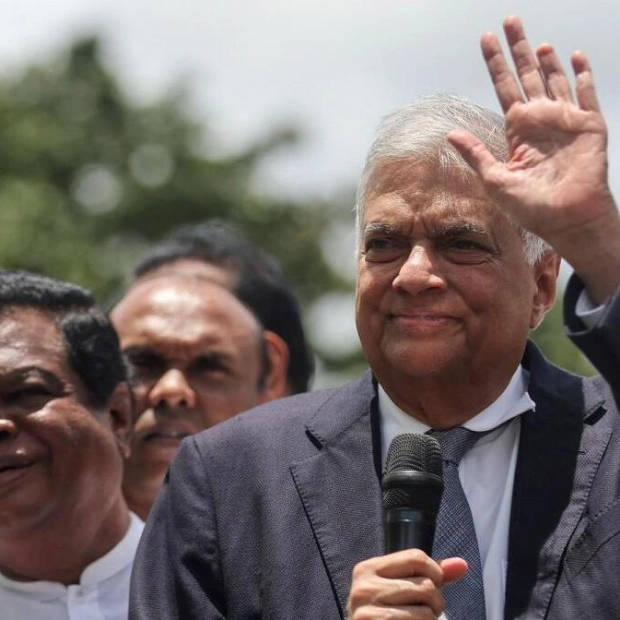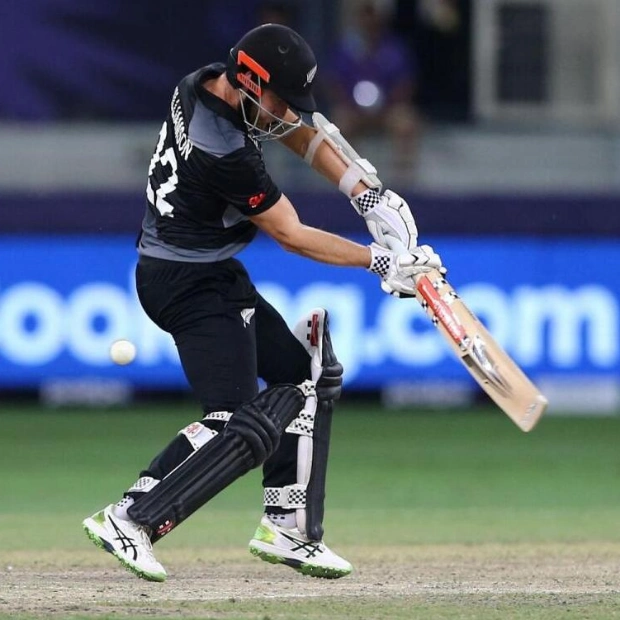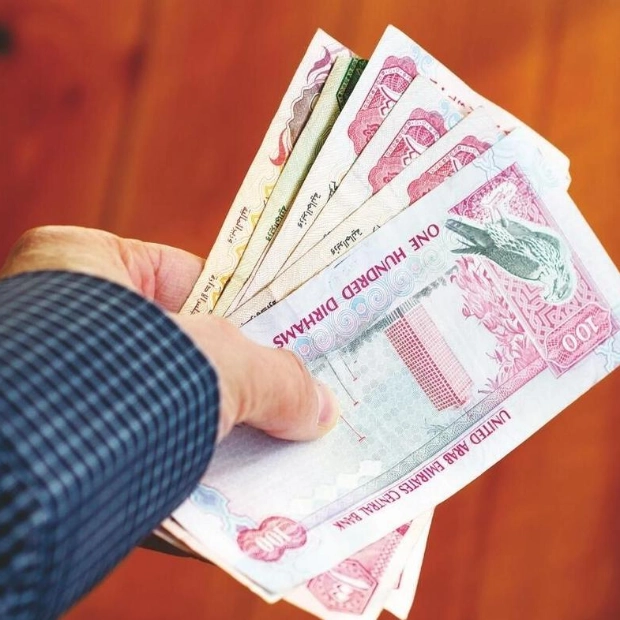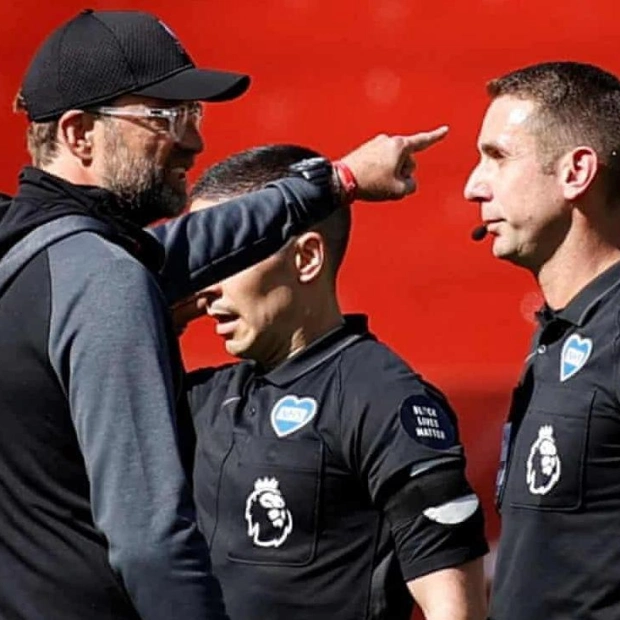In the vibrant city of Dubai, where the hospitality sector is renowned for its opulence, innovation, and stringent standards, food safety stands as an essential pillar of culinary operations. Chef Bijendra Ramola, an experienced Executive Sous-Chef at Jumeirah Creekside, emphasizes the meticulous attention to detail necessary to uphold exemplary food safety standards in a high-pressure setting. Renowned for his dedication to culinary perfection, he has been honored with awards such as the Sharpest Knife of the Year at Jumeirah Emirates Towers and multiple accolades from the Emirates Culinary Guild. His career began with a specialization in Hotel Management, complemented by certifications in culinary excellence. Prior to his role at Jumeirah Creekside in 2011, he held significant positions at Jumeirah Emirates Towers and Jumeirah Beach Club Resort & Spa. At Jumeirah Creekside, Chef Bijendra manages a team of 32, overseeing operations across various outlets and maintaining high standards during prestigious events. Through his insights and extensive experience, he delves into the comprehensive approach needed to ensure food safety in contemporary kitchens.
For Chef Ramola, food safety transcends professional duty to encompass a moral commitment, ensuring that each dish served is safe for consumption. "Food safety is crucial, whether in a hotel or at home," he asserts. "The health of our customers is directly affected by the food we prepare, and we must not take this responsibility lightly." Dubai's rigorous food safety regulations, enforced by the Dubai Municipality, necessitate constant vigilance. Chef Ramola and his team comply with these regulations through internal protocols, including a Person in Charge (PIC) in each department who ensures that opening and closing procedures meet the guidelines. Regular audits, both announced and unannounced, reinforce a culture of continuous monitoring and adherence to food safety standards. In the kitchen, Chef Ramola utilizes a triad of sensory checks—sight, smell, and taste—to guarantee that each dish meets the highest standards before reaching the customer, blending traditional methods with modern technological advancements.
The incorporation of technology into culinary practices has significantly enhanced food safety, a notion Chef Ramola strongly supports. "Technology has advanced considerably, especially in culinary equipment. We now have high-tech ovens that not only ease the chef's workload but also ensure precise cooking," he explains. These ovens feature probes that automatically monitor and adjust cooking temperatures, ensuring consistent results and reducing the risk of human error. However, Chef Ramola cautions against over-reliance on technology, emphasizing the importance of maintaining foundational culinary skills. "While technology aids in maintaining food safety and quality, it's crucial for chefs to remain engaged and not lose the knowledge and intuition that come with experience." Despite this caution, Chef Ramola appreciates the reliability and efficiency technology brings to the kitchen, particularly in maintaining food safety. Automated systems help ensure that every dish, from a simple steak to a complex multi-course meal, is cooked to perfection, minimizing the risk of contamination or inconsistency.
For Chef Ramola, food safety extends beyond the kitchen walls. He believes in maintaining transparency with customers to build trust and assure them of the safety and quality of their meals. "When customers choose our restaurant, they trust that we uphold the highest standards of hygiene and food safety," he says. To foster this trust, Chef Ramola and his team meticulously follow the Hazard Analysis Critical Control Point (HACCP) guidelines, ensuring that every step of food preparation is monitored and documented. New team members undergo thorough training on these protocols, ensuring they are well-versed in the standards before they begin working in the kitchen. Additionally, the kitchen's practices are regularly audited, both internally and externally, to ensure compliance with company and municipal standards. "We take these audits very seriously because they help us maintain the trust our customers place in us," Chef Ramola said.
In addition to food safety, Chef Ramola is deeply committed to sustainability, a growing concern in the global hospitality industry. Dubai has set ambitious goals to become more sustainable by 2030, including eliminating single-use plastics. Chef Ramola’s department is fully committed to this initiative, aiming to phase out all plastic items by the end of the year. "We are replacing plastic with compostable, eco-friendly alternatives in all aspects of our operations, from take-away containers to everyday kitchen tools," he explains. Sourcing locally is another pillar of Chef Ramola’s sustainability strategy. His team is increasingly purchasing vegetables and other ingredients from local suppliers, reducing the carbon footprint associated with importing goods. "We have meetings scheduled with local suppliers who grow their produce in Dubai. Our goal is to source as much as possible locally, supporting the community while also ensuring the freshness and safety of our ingredients." While some challenges remain—particularly in sourcing sustainable meat products—Chef Ramola is hopeful that as the government continues to promote sustainable practices, more options will become available, he says, "It's a journey, and we are committed to making progress every step of the way."
